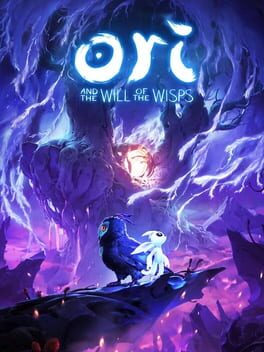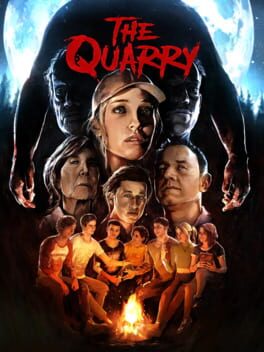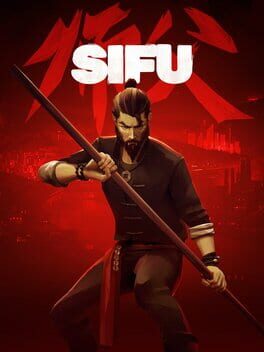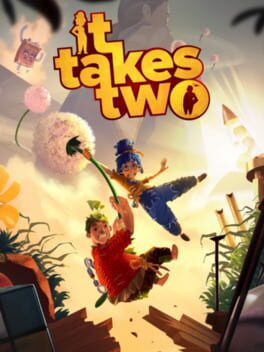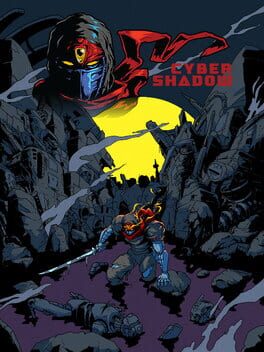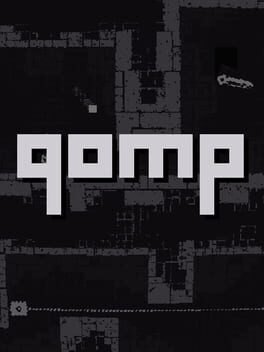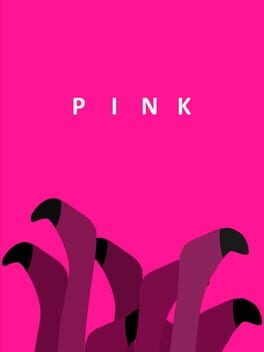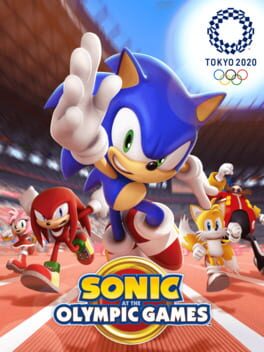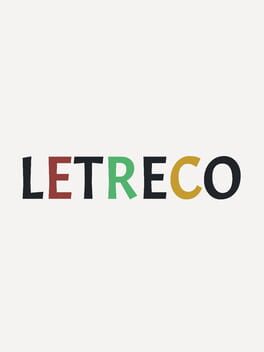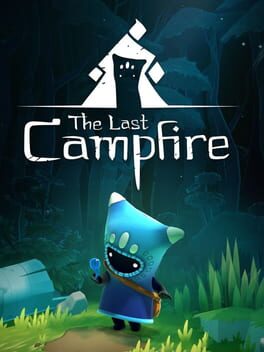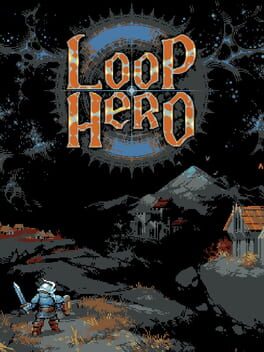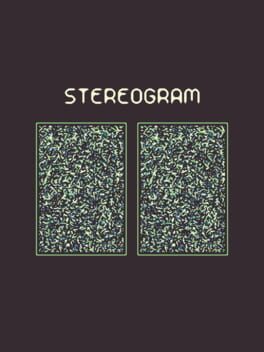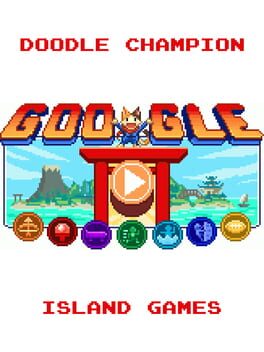Ok, three big things and one weird tangent.
Big Thing 1. I’m yet to find something in a video game that I get more pleasure from than moving quickly and precisely in 2D platformers, and my god does this game do traversal like a dream. Despite its somewhat overwhelming controls you never feel outside of the character, it's floaty when you expect and sharp when you want, always flowing beautifully between the many traversal options it presents throughout the game that consistently complements the previous ones.
It's obviously very similar to Blind Forest, and doesn't introduce anything as groundbreaking as the Bash, but honestly I could just do this forever and never get tired of it.
(also other games should totally just steal Bash, what are you waiting for)
Big Thing 2. So, I have this long standing silly debate with some folks I know about whether Ori is a metroidvania or not. The crux of my argument against it is that the game has no real interest in exploration, it is very linear, guided and progression always comes from story. But Moon Studios clearly loved Hollow Knight, and while I appreciate the added complexity to combat and the quirky characters with charming voices populating the world, it still isn't a game about exploring. And that becomes very clear when you look at how the map guy works. While in HK he is basically just selling you paper so you can draw your routes, making it so you can only see where you’ve already been through, here it's like he’s the one playing a metroidvania and just selling you the results of his work after he’s done.
I really do love these games as platformers, but they got nothing on really good metroidvanias, and trying to double down on that without really committing to it just seems like a waste.
Big Thing 3. It’s wild how they’re just straight up repeating the same tricks from the first game with the story here. Kinda feels like they can’t do anything other than ‘first five minutes of Up’ type of storytelling.
Weird Tangent. Is this the best Spider-Man game ever made!? I really think the only way we’ll ever come close to replicating the acrobatic, fast paced and precise mobility of that character in a video game is by limiting the movement to two axis. The 3D games always reduce the more extravagant traversal scenes to cheap QTEs because it would be impossible to control a character in situations like that, but we do it with Ori all the time! And he crawls on walls! And has this glowy rope thing he shots at stuff to get closer and he fights animal-like beings and… you get the idea.
Big Thing 1. I’m yet to find something in a video game that I get more pleasure from than moving quickly and precisely in 2D platformers, and my god does this game do traversal like a dream. Despite its somewhat overwhelming controls you never feel outside of the character, it's floaty when you expect and sharp when you want, always flowing beautifully between the many traversal options it presents throughout the game that consistently complements the previous ones.
It's obviously very similar to Blind Forest, and doesn't introduce anything as groundbreaking as the Bash, but honestly I could just do this forever and never get tired of it.
(also other games should totally just steal Bash, what are you waiting for)
Big Thing 2. So, I have this long standing silly debate with some folks I know about whether Ori is a metroidvania or not. The crux of my argument against it is that the game has no real interest in exploration, it is very linear, guided and progression always comes from story. But Moon Studios clearly loved Hollow Knight, and while I appreciate the added complexity to combat and the quirky characters with charming voices populating the world, it still isn't a game about exploring. And that becomes very clear when you look at how the map guy works. While in HK he is basically just selling you paper so you can draw your routes, making it so you can only see where you’ve already been through, here it's like he’s the one playing a metroidvania and just selling you the results of his work after he’s done.
I really do love these games as platformers, but they got nothing on really good metroidvanias, and trying to double down on that without really committing to it just seems like a waste.
Big Thing 3. It’s wild how they’re just straight up repeating the same tricks from the first game with the story here. Kinda feels like they can’t do anything other than ‘first five minutes of Up’ type of storytelling.
Weird Tangent. Is this the best Spider-Man game ever made!? I really think the only way we’ll ever come close to replicating the acrobatic, fast paced and precise mobility of that character in a video game is by limiting the movement to two axis. The 3D games always reduce the more extravagant traversal scenes to cheap QTEs because it would be impossible to control a character in situations like that, but we do it with Ori all the time! And he crawls on walls! And has this glowy rope thing he shots at stuff to get closer and he fights animal-like beings and… you get the idea.
2022
2022
I beat this game without ever going back to a previous stage, thus defeating the roguelike as a concept. So you're no longer allowed to make more, sorry...
...IS WHAT I WOULD HAVE SAID, but other stupid games came out so I had to stop playing. I've only reached the second phase of the final boss. (ᵕ̣̣̣̣̣̣﹏ᵕ̣̣̣̣̣̣) Unfortunately the roguelike lives.
...IS WHAT I WOULD HAVE SAID, but other stupid games came out so I had to stop playing. I've only reached the second phase of the final boss. (ᵕ̣̣̣̣̣̣﹏ᵕ̣̣̣̣̣̣) Unfortunately the roguelike lives.
2021
We often praise works on their ability to tie all of its ideias together smoothly, in games this usually comes by creating systems that feed into each other and evolve without contradicting the intended message. And although It Takes Two never loses sight of its main themes, it wastes no time with pretensions of finesse. Much like its passionate game director's public persona, the game never holds back and wholeheartedly commits to every creative impulse. Josef Fares wants to eat everybody's lunch, from Nintendo's brand of colorful worlds to Sony's prestige games and everything in between.
It is immensely entertaining to discover and explore new worlds and play with completely new abilities at every level, even if that means a decrease in overall complexity. The stages are always aesthetically different — mostly somewhat whimsical in tone, but you sporadically come across some darker imagery that makes it feel reminiscent of N64 era platformers trying to go where they know Nintendo never could; in this case being a clear, and successful, attempt of getting reactions from the players, turning the moment into something funny instead of edgy — and great to move around and find the little "secret" interactions they brought back from A Way Out (the best part of that game). Most of the mechanics show a surprising amount of substance, escalating nicely throughout the level and often resulting in pretty cool bosses, while never feeling janky.
Narratively it is rather familiar and maybe too naive, with an ending that falls a little flat by putting all the emotional weight on sides of the characters that were not initially introduced as important parts of their characterization. But the game does have its fair share of affecting moments, all of which are elevated by the excellent animation work shown on the toy models, even if it’s a little less flattering on the humans ones.
So, I guess I won't be taking those thousand bucks from you this time, Josef.
It is immensely entertaining to discover and explore new worlds and play with completely new abilities at every level, even if that means a decrease in overall complexity. The stages are always aesthetically different — mostly somewhat whimsical in tone, but you sporadically come across some darker imagery that makes it feel reminiscent of N64 era platformers trying to go where they know Nintendo never could; in this case being a clear, and successful, attempt of getting reactions from the players, turning the moment into something funny instead of edgy — and great to move around and find the little "secret" interactions they brought back from A Way Out (the best part of that game). Most of the mechanics show a surprising amount of substance, escalating nicely throughout the level and often resulting in pretty cool bosses, while never feeling janky.
Narratively it is rather familiar and maybe too naive, with an ending that falls a little flat by putting all the emotional weight on sides of the characters that were not initially introduced as important parts of their characterization. But the game does have its fair share of affecting moments, all of which are elevated by the excellent animation work shown on the toy models, even if it’s a little less flattering on the humans ones.
So, I guess I won't be taking those thousand bucks from you this time, Josef.
2021
It falls really really hard on that classic pitfall of skill trees in which the upgrades feel like the game was holding back on essential verbs instead of being interesting additions to an already engaging moveset. Because of that, it spends most of its run time actively choosing to be rather bland — something that is only reinforced by the explicit and unchallenging ways it clings to its inspirations — to then get super cool for a hot second before it ends, like it was teasing you.
2021
2021
2023
2022
2020
There’s a softness to The Last Campfire that permeates everything it’s doing. From its main characters that look like knitted Jawa puppets, or the clay-like world that refuses to have any sharp edges, to the accessible, but satisfying, puzzles or the game’s heartwarming message.
This warm blanket of a game comes in the form of a timid fairy tale. Its creatures — allegedly inspired by Brian Froud, but really only retaining the more pleasant aspects of his work — are presented as towering versions of common animals with distinct personalities and intelligence, as if seen from a child's perspective, not informed by scientific knowledge. And they give most of the charm to a fairly dull backdrop, mostly composed by regular rocks, regular grass and regular dirt.
The allure that is lacking in the landscape is compensated by its interactive elements, that not only uses the platform it was primarily made for (the phone) to give weight and texture to your actions — something Chris Symonds and Steven Burgess probably brought from their Wii days —, but also seamlessly integrates (some of) the puzzles to the environment very elegantly (interweaving this with other puzzles that happen on isolateds screens, like Breath of the Wild shrines). That provides a good variety in types of interactions, but at the same time limits its complexity, as it is not building on a single idea again and again, the ceiling is lowered.
In that somewhat clunky way only video games know how, the puzzles here tell a simple but sincere tale of empathy as a source of hope against paralyzing fears, be of acceptance, the uncertain future or the inevitable end. It shows how those worries are shared among all of us, whether you are a shy sock puppet or a helpful robot, and are better faced together.
“It matters that we try”
“It matters that we fail”
“It matters that we hope”
This warm blanket of a game comes in the form of a timid fairy tale. Its creatures — allegedly inspired by Brian Froud, but really only retaining the more pleasant aspects of his work — are presented as towering versions of common animals with distinct personalities and intelligence, as if seen from a child's perspective, not informed by scientific knowledge. And they give most of the charm to a fairly dull backdrop, mostly composed by regular rocks, regular grass and regular dirt.
The allure that is lacking in the landscape is compensated by its interactive elements, that not only uses the platform it was primarily made for (the phone) to give weight and texture to your actions — something Chris Symonds and Steven Burgess probably brought from their Wii days —, but also seamlessly integrates (some of) the puzzles to the environment very elegantly (interweaving this with other puzzles that happen on isolateds screens, like Breath of the Wild shrines). That provides a good variety in types of interactions, but at the same time limits its complexity, as it is not building on a single idea again and again, the ceiling is lowered.
In that somewhat clunky way only video games know how, the puzzles here tell a simple but sincere tale of empathy as a source of hope against paralyzing fears, be of acceptance, the uncertain future or the inevitable end. It shows how those worries are shared among all of us, whether you are a shy sock puppet or a helpful robot, and are better faced together.
“It matters that we try”
“It matters that we fail”
“It matters that we hope”
2018
2021
Ah yes, it is I, the roguelike hater. Who somehow found himself playing yet another roguelike.
To be honest I haven't been playing this for some time now, but was deluding myself into thinking that I was gonna come back to it. The thing is, I still have no patience or interest in the work you have to put on to master a game, which is the end goal of this genre, but I can't deny the inventiveness at play here. Unlike something like Hades, that is perfectly round but at its core very familiar, this specific combination of ideas turned into something truly authentic, and I'm fascinated by it even though it's really not for me.
To be honest I haven't been playing this for some time now, but was deluding myself into thinking that I was gonna come back to it. The thing is, I still have no patience or interest in the work you have to put on to master a game, which is the end goal of this genre, but I can't deny the inventiveness at play here. Unlike something like Hades, that is perfectly round but at its core very familiar, this specific combination of ideas turned into something truly authentic, and I'm fascinated by it even though it's really not for me.
2023
